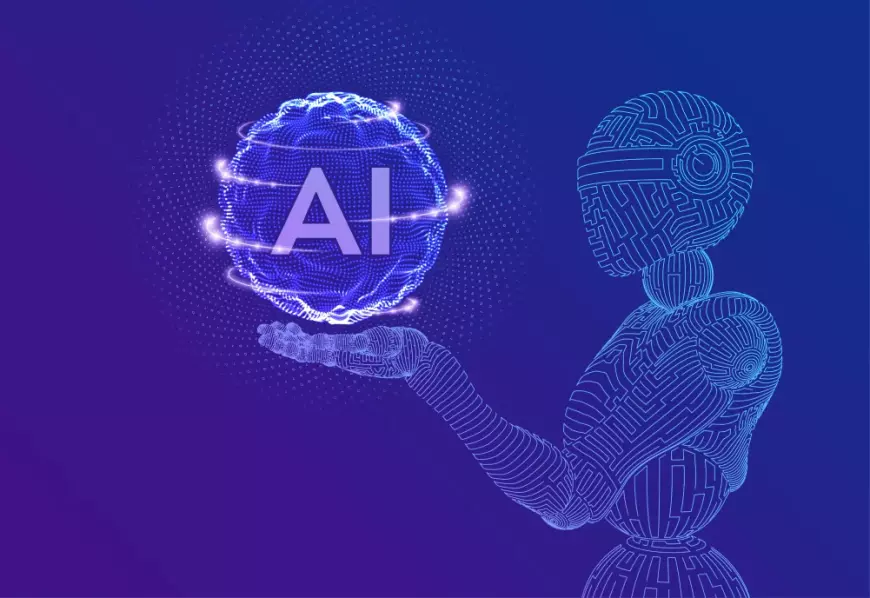Study reveals negative impact of workplace AI, robots and trackers on quality of life
Dr. Magdalena Soffia, the lead author of the study, clarified that the issue is not necessarily the technologies themselves but rather how they are adopted.

A groundbreaking study from the Institute for Work thinktank reveals that the introduction of new workplace technologies, including trackers, robots, and AI-based software, negatively impacts people's quality of life. Conducted through a survey involving over 6,000 participants, the research scrutinized the well-being effects of four technology categories increasingly prevalent in the workforce.
The study indicates that increased exposure to technologies falling within three of these categories - software based on AI and machine learning, surveillance devices like wearable trackers, and robotics - is associated with a decline in health and overall well-being among workers. In contrast, the utilization of more established information and communication technologies (ICTs) such as laptops, tablets, and instant messaging at work tends to have a more favorable influence on well-being.
The report highlighted that the frequency of interaction with information and communication technologies (ICTs) positively correlated with an improvement in quality of life, whereas increased interaction with newer workplace technologies had a detrimental effect, as stated in the study.
Although the authors did not directly investigate the causes, they emphasized that their findings align with prior research indicating that such technologies may worsen job insecurity, workload intensification, routinization, loss of work meaningfulness, and disempowerment, all contributing to a decline in overall employee well-being.
Economists at Goldman Sachs had speculated last year that the development of generative AI could potentially lead to the automation of 300 million jobs worldwide by 2030, transforming many more roles.
Dr. Magdalena Soffia, the lead author of the study, clarified that the issue is not necessarily the technologies themselves but rather how they are adopted. She stressed that there is no determinism in the impact of technology on well-being, emphasizing the significance of context, structural factors, environmental conditions, design, and deployment, all influenced by human decisions.
Soffia explained that the researchers employed a well-established measure of quality of life, EuroQoL EQ-5D-3L, which assesses factors like mobility, mental health, and pain levels. This multidimensional approach aimed to provide a nuanced understanding of well-being. Regarding the positive impact of ICTs on quality of life, Soffia suggested that one potential mechanism is their ability to streamline work processes, making working life more efficient and contributing to a sense of achievement.
In contrast, the study's findings regarding trackers and surveillance technologies align with recent concerns voiced by trade unions and advocates about the detrimental effects on workers subjected to constant performance monitoring.
Mary Towers, the TUC's AI lead, expressed concern, stating that these findings should be a cause for worry for everyone. They highlight that without robust new regulations, AI has the potential to create an oppressive and unhealthy work environment for many individuals.
Towers emphasized that there is an alternative path, suggesting that with appropriate safeguards in place, AI can be effectively utilized to enhance productivity and improve the overall quality of working lives.
The recently released report is part of the Pissarides Review into the Future of Work and Wellbeing, conducted by the IFW in collaboration with Warwick Business School and Imperial College London. Professor Sir Christopher Pissarides, the veteran economist overseeing the review, stressed the importance of understanding how interactions with new technologies impact the quality of life as these technologies become more ingrained in our working lives.












































